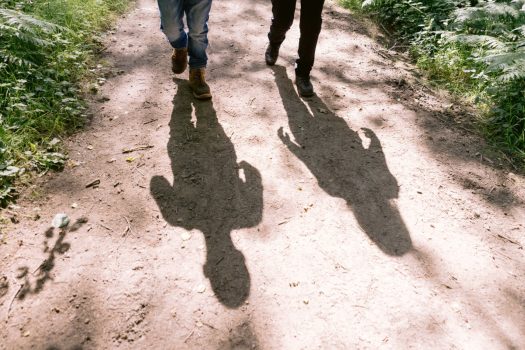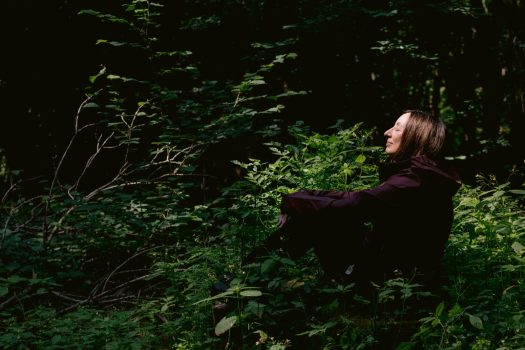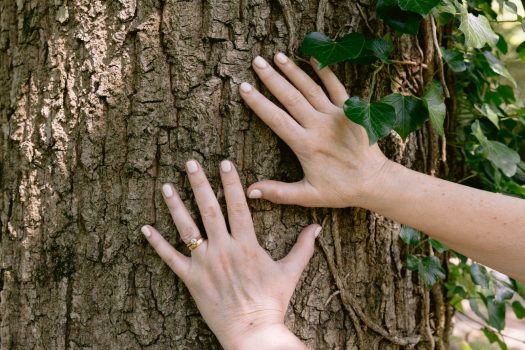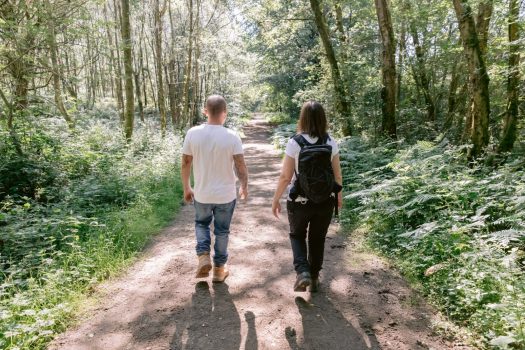“Whoever you are, no matter how lonely,
the world offers itself to your imagination,
calls to you like the wild geese, harsh and exciting
over and over announcing your place
in the family of things.”
Mary Oliver
Wild Geese (1986)
Who Can Benefit from Psychodynamic in Nature Therapy?
Working outdoors in therapy can provide extra stimulus for insight, creativity and growth. The natural environment may be challenging and also restorative, emotionally regulating and relaxing. What each of us brings to the natural space and what we encounter there is unique to each individual therapy and boundless. Sometimes, the encounter may be beyond words, expectation or definition.
Psychodynamic in Nature Therapy
May Help With;

- Anxiety and panic attacks
- Feelings of dislocation from self and others
- Derealisation and depersonalisation
- Loneliness and isolation
- Loss of home or homeland
- Feeling up-rooted or un-moored

- Depression and loss of forward momentum in life
- Grief, loss or bereavement
- Aging
- Life transitions, such as divorce or retirement
- Adjustment issues and difficulties around change

- Burn-out, stress, mental and physical exhaustion
- Loss of vitality
- Over-thinking or over-analysing
- Rigidity and control
- Loss of creative inspiration, writer’s block
- Emotional blunting or detachment

- PTSD
- Trauma
- Anger management
- Loss of trust in the body or physical self
- Loss of connection with the body and embodied identity
© Cathy Pover-Jones powered by WebHealer
Photographs © Mina Milanovic 2024 minamilanovic-photography.com
